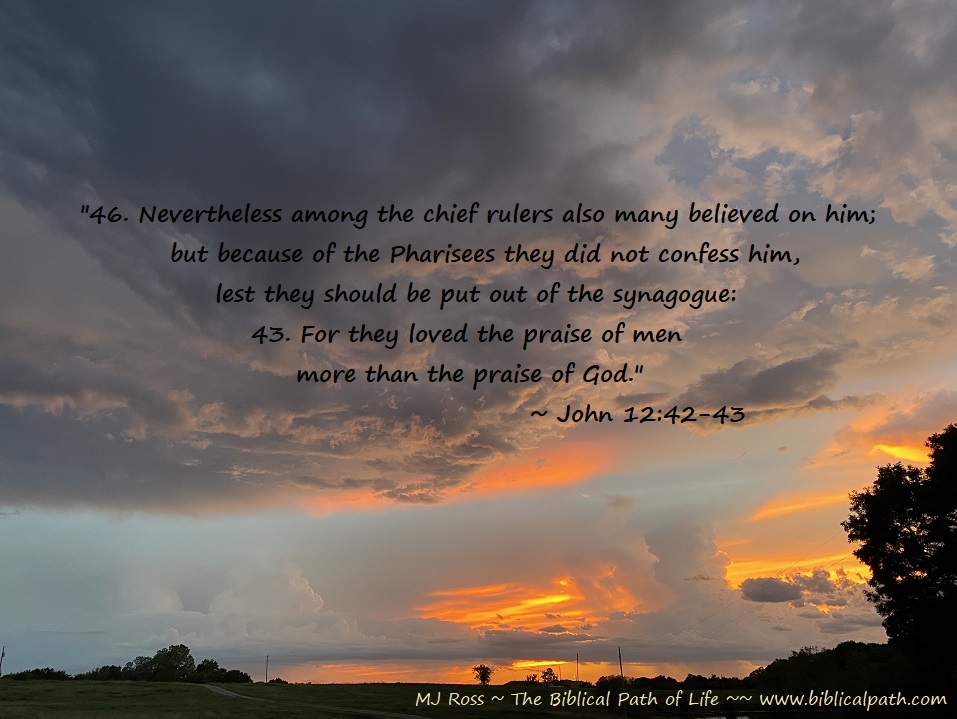
Key Verse
But sanctify the Lord God in your hearts: and be ready always to give an answer to every man that asketh you a reason of the hope that is in you with meekness and fear:
—1 Peter 3:15
Key Verse Thought: Read the Key Verse. Sanctify means “to regard as holy; to withdraw from the fellowship with the world by gaining fellowship with God.” Once we have given our heart wholly to God, we will be ready at anytime to tell anyone about Jesus. In this lesson, we will discover that Paul was always ready to tell anyone he was around about Jesus.
Emphasis: We are to be willing and able to share one’s personal testimony (of when Jesus called upon one’s heart and the response to that call). In addition, to be able to tell what Jesus is doing in their life (the job Jesus has called them to do).
Lesson Summary: In our last lesson, we learned that when the religious leaders in the Temple accosted Paul, the chief captain saved Paul’s life by arresting him. When the chief captain found out about the plot against Paul’s life, he sent Paul by night to Caesarea. Because the chief captain found nothing worthy of death, he sent Paul to Felix, the governor, to hear Paul’s case.
In this lesson, we will find that Felix, the governor, wanted to hear the words of Paul’s accusers first, and then he would hear Paul. After hearing both sides of the case, Felix found nothing worthy of Paul’s death – but he kept Paul in custody. Felix, along with his wife Drusilla, visited Paul several times. When they visited, they asked Paul questions about “the faith in Christ” (see Acts 24:24). We will find out what came of these discussions.
When Festus succeeded Felix, Paul was still not released – to please the Jews. Festus did make a trip to Jerusalem talking with the religious leaders, but he would not send Paul to them. Festus agreed to hear the religious leaders’ case against Paul, giving Paul an opportunity to defend himself. Paul then appealed to Caesar (see Acts 25:11).
King Agrippa visited Festus, and Festus told him of the troubles of Paul. Moreover, Festus wanted to hear from Paul himself. When Paul spoke before King Agrippa, he gave his personal testimony. He told of his life apart from Jesus, and the call Jesus extended to him. Paul told of his trust in Jesus, and the job given to him as a messenger to the Gentile people, preaching Jesus to them. Paul then invited King Agrippa to respond to the Gospel message. We will learn of King Agrippa’s response in this lesson.
Note to teachers: A very important aspect of this lesson (if you are teaching a group) would be good to give your students an opportunity to give their own personal testimony. It may feel difficult if it is the first time they have shared, but it is important that they learn how to share with others – for it is the duty of each Christian to tell others what Jesus did for them.
Y3Q2 – Lesson 12 Questions
Y3Q2 – Lesson 12 Children’s Worksheets
If you are teaching this to young children, the following is a craft idea to help them remember this lesson:

We decorated a foam cross with stickers to help remember the Gospel Message that Jesus is now alive!










